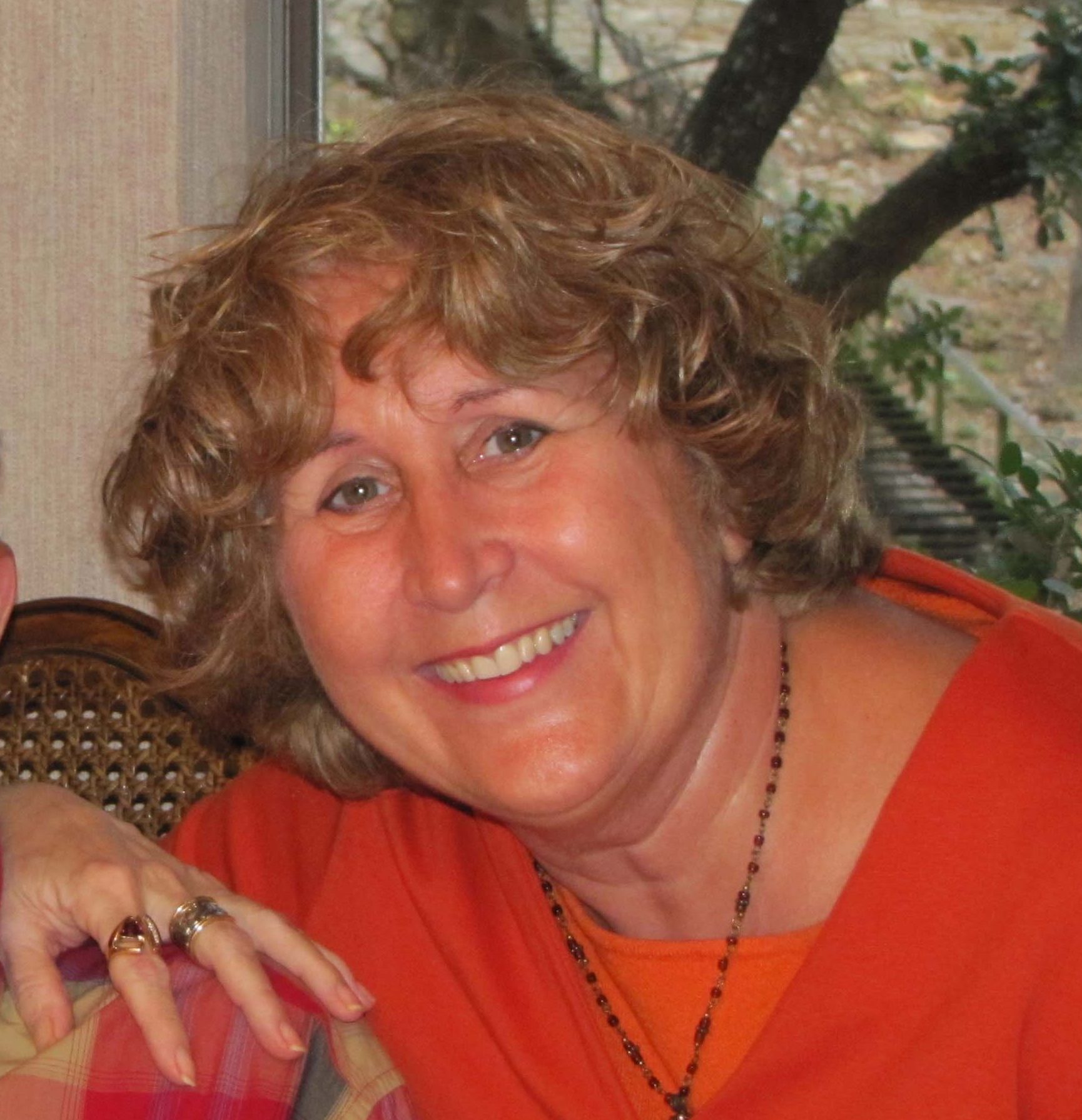There is no one right way to live a life. There are no mistakes, only life experiences through which we learn and grow if we allow ourselves to look at our actions or reactions, understand how they affected our life, and make room for change. Underlying this self-reflection must be unconditional self-acceptance, but not necessarily acceptance of one’s behavior or choices. Depending upon our past life experience, sometimes the hardest thing to learn is our innate value.
Stephen Covey once said, “Begin with the end in mind” in his book, Seven Habits of Highly Effective People, but this doesn’t mean that we have complete control over our lives and if we just start out with a good plan our lives will turn out exactly as we plan. Things happen. What it does mean is that we must begin by developing an idea of ourselves, our goals, and our values – which may change over time with deeper understand of our basic human nature and life in general – and make decisions over time based on that developing vision. We only have control of ourselves moment by moment; we don’t have control of others or our surroundings or even our own future to some extent.
Understanding this concept can take toxic shame away from life circumstances or decisions that led to unpleasant consequences and free us to go forward having learned and grown from the experience. Therein lies the hope. The human brain remains plastic over the lifespan, much more so than previously thought. You can’t teach an old dog new tricks? According to research that’s just not true. What makes us human is the ability to make choices about our thinking, thus our feelings and behavior. These changes in thought create actual new brain connections. In other words, we can make decisions that change the physiology of our brain over time.






